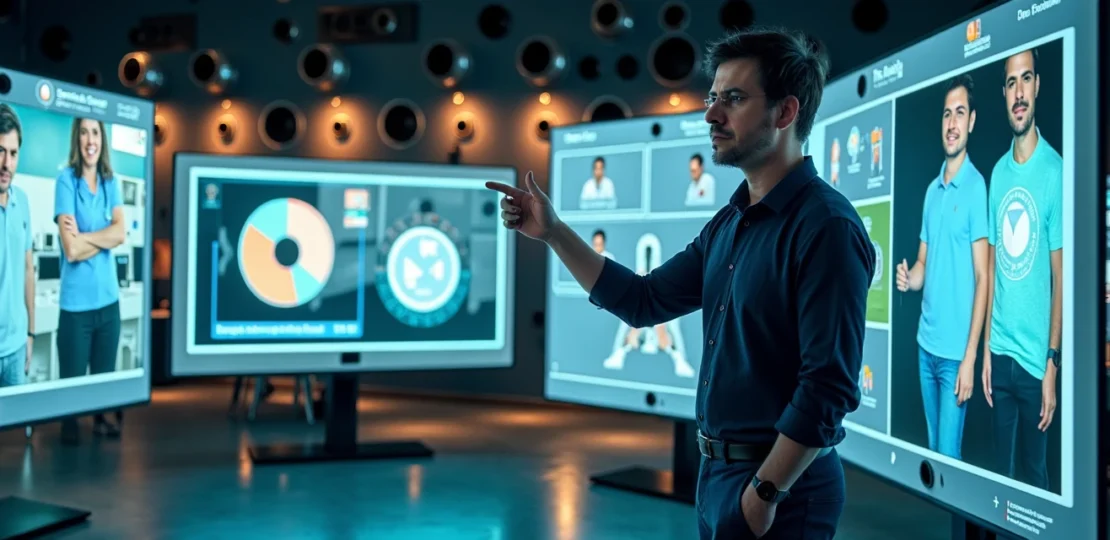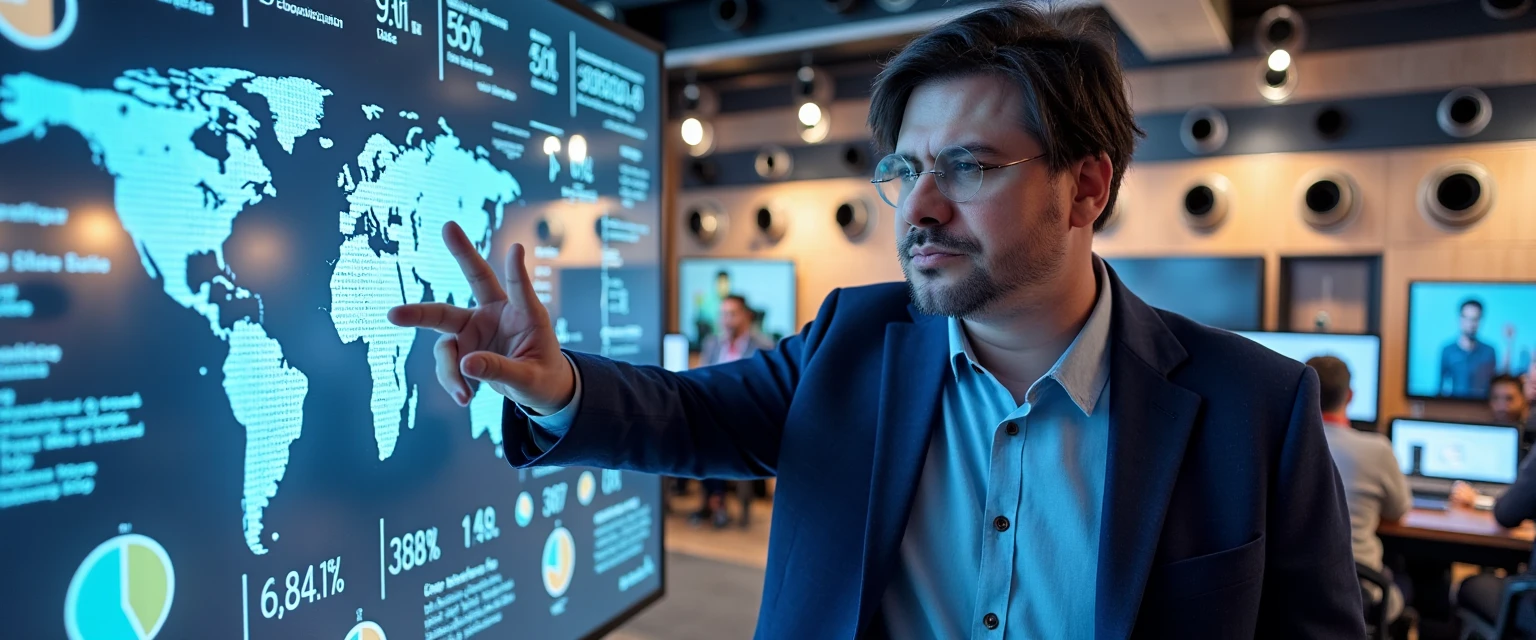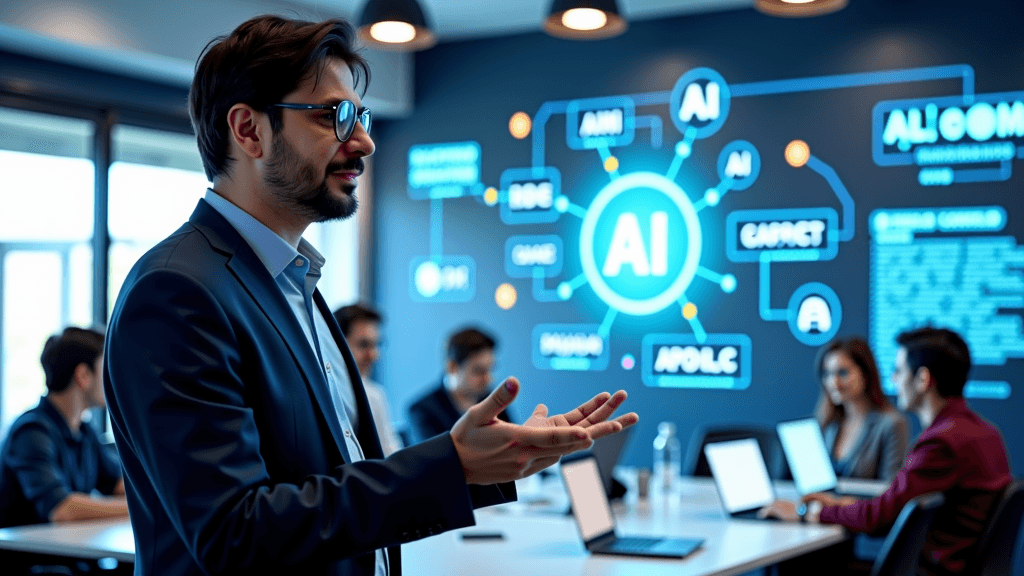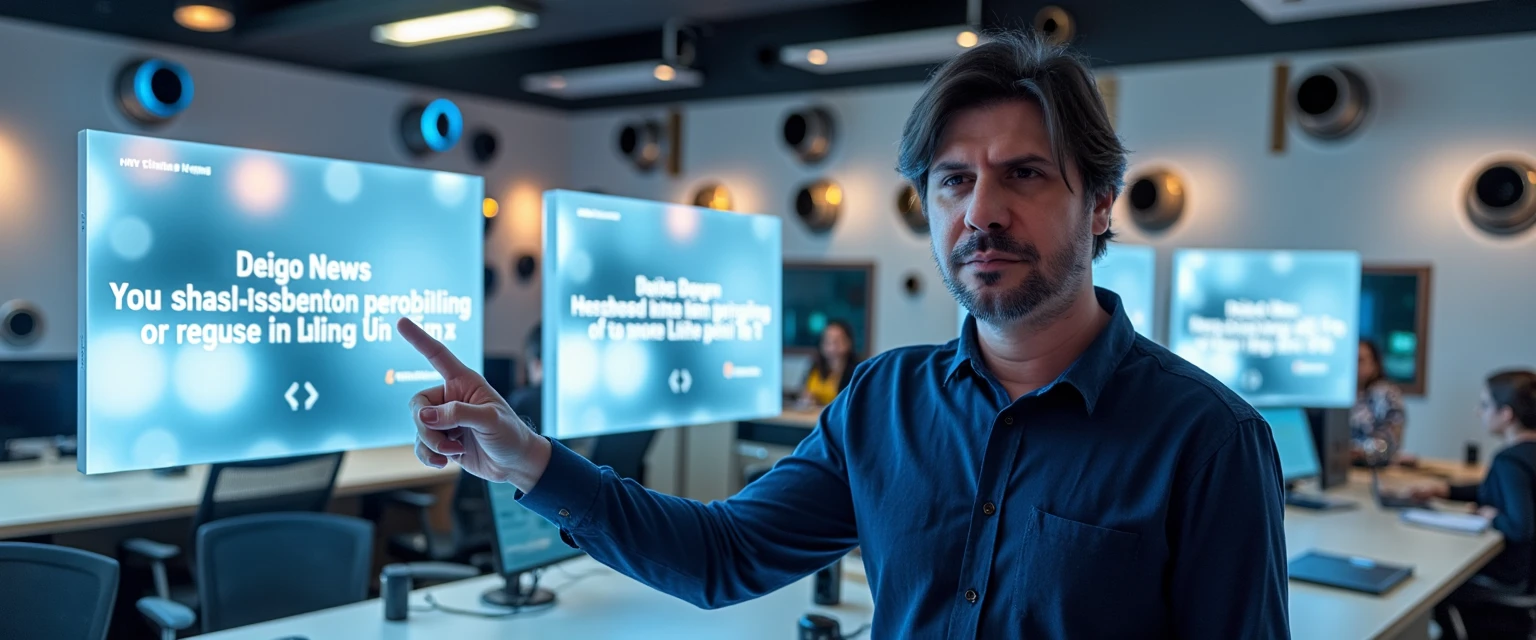AI and its Impacts: From Regulation in Brazil to the Global Energy Crisis
December 8, 2024 | by Matos AI

Let’s talk about one of the hottest topics of the moment: the impacts of Artificial Intelligence on our society. In the last 24 hours, a series of fundamental news stories caught my attention and reveal a complex panorama that we need to discuss.
In my experience leading innovation and technology initiatives, I have rarely seen such a crucial moment for defining the direction of AI in Brazil and the world. Let’s analyze the main recent events and their implications.
AI Regulation in Brazil: A Necessary Step
The Senate is about to vote, next Tuesday (10), on a project that seeks to regulate AI in our country. As someone who actively participated in the construction of the Legal Framework for Startups, I can say that this moment is historic. The proposal under discussion aims to establish clear guidelines on risks and rights related to the use of AI.
Join my WhatsApp groups! Daily updates with the most relevant news in the AI world and a vibrant community!
- AI for Business: focused on business and strategy.
- AI Builders: with a more technical and hands-on approach.
The Challenge for Content Creators
An alarming fact has emerged: By 2028, musicians could suffer losses of approximately R$139 billion due to AIThis question reminds me a lot of the challenges we face in the startup ecosystem: how to balance innovation and protection?
The AI Energy Crisis
Perhaps the most worrying aspect of the latest news is the energy impact of AI. Recent studies show that a single AI model can consume energy equivalent to a small city. The OpenAI warns: we may not have enough energy to sustain the advancement of AI.
Here I see a unique opportunity for Brazil. With 88% of our electricity mix based on renewable sources, we can become a global hub for sustainable AI. This is the kind of competitive advantage we need to strategically exploit.
The Bright Side: AI in Medicine
Not everything is a challenge. The application of AI in cardiac procedures is saving lives, reducing medical errors and revolutionizing medicine. This is a perfect example of the transformative potential of technology when applied well.
What Can We Do?
- Actively participate in regulatory discussions
- Investing in technological education (something we do at Inteli)
- Develop energy-efficient AI solutions
- Protecting copyright without stifling innovation
In my experience coordinating innovation programs and public policies, I have learned that the key is balance. We need to embrace innovation without neglecting its social, environmental and economic impacts.
This moment demands coordinated action between government, companies and civil society. Only then will we be able to harness the potential of AI in a responsible and sustainable way.
✨Did you like it? You can sign up to receive 10K Digital's newsletters in your email, curated by me, with the best content about AI and business.
➡️ Join the 10K Community here
RELATED POSTS
View all



